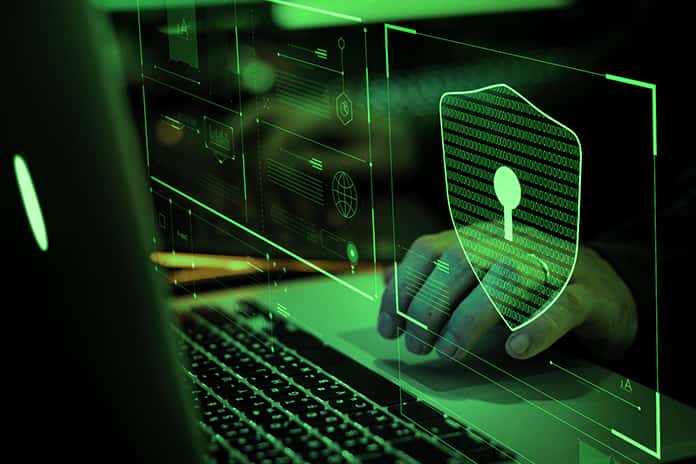Hackers always exploit fear, uncertainty, and doubt, and COVID-19 presents them with the perfect opportunity. It is the harsh reality, but hackers will take advantage of our fear that a biological virus will infect us to attack us.
There is already a great deal of mistrust and misinformation on a global scale, particularly in relation to COVID-19. When people don’t know what will happen tomorrow, hackers use it to their advantage to create malware or scareware.
Taking Advantage Of Shock And Fear
Hackers can exploit fear of the virus with links to content that purport to provide false health system information, quarantine notices, school closings, links, texts, official-looking emails, etc. When people are scared and isolated, they become easier targets because they can’t use good cyber hygiene.
Hackers are not concerned with the ethics of seizing a moment of crisis or confusion, and the current pandemic represents a very broad and highly susceptible audience. Imagine receiving an email with the title “Latest news of coronavirus cases in Spain”. Many people would inevitably click on it, and hackers would use sensational and last-minute statements for their benefit.
Exploiting Insulation
While social distancing is a reliable way to help delay or even stop the spread of a biological virus, it could have the opposite effect when it comes to cyber viruses. Working remotely means that a large number of workers are isolated from their colleagues, often unable to make good cyber decisions. In search of more information about the virus, they can click on the links or download things that put them at risk. They are also more distracted and more likely to use social media, which can be abuzz with misinformation.
According to a Lookout report, the rate of people falling for mobile phishing attacks has increased by 85% each year since 2011. Malware and links can easily be masked as legitimate, making it crucial that people be vigilant while working alone.
As more people work remotely, they will also use their personal devices (computers, phones, etc.) to do their jobs. Employees must be very careful not to download confidential information to their personal devices and to use technology that allows them to access their work computer remotely. In an ideal situation, everyone should use a company laptop that has an appropriate patch.
The key to working remotely is to stay calm, use good judgment, and always do a thorough check of what you’re going to open.
Taking Advantage Of The Latest Technological Trends
Hackers always use the latest trends to lure people in new ways, for example through malware hidden in video and audio links. Recently there have been online conversations showing how hackers can create cloned news websites that look and sound like they are real. They purport to share critical information, but such a site actually includes malware when clicked and downloaded. During a time when disinformation is rampant, this tactic, in particular, could be incredibly successful.
Overall, cyberattacks are very likely to escalate. Hackers pay no attention to ethical connotations; They don’t feel bad stealing your information, even during a global crisis. They know that many people are worried and anxious, looking for clear information about COVID-19, and will take advantage of people who are panicking and isolated from each other.
Also Read: Cyberattack In The Home Office? This Is How Companies Protect Themselves


